Living in high-altitude areas presents unique challenges and rewards, both for humans and their canine companions. The thin air, colder temperatures, and rugged terrain demand specific physiological and behavioral traits in dogs. Some breeds have evolved or have been bred to thrive in these environments, making them ideal companions for mountain living or high-altitude adventures. This article will explore 12 dog breeds that are particularly well-suited for high-altitude living, focusing on their physical adaptations, temperament, and ability to cope with the demanding conditions found in such regions.
1. Tibetan Mastiff
The Tibetan Mastiff is a breed that originated in the Himalayas, making it inherently suited for high-altitude living. These dogs have a thick, dense double coat that provides excellent insulation against cold weather. Their large, sturdy build helps them navigate rugged terrain with ease. Tibetan Mastiffs are known for their independence and protective nature, which were essential traits for guarding livestock in mountainous areas. Their ability to adapt to low oxygen levels and harsh climates makes them a top choice for high-altitude environments.
2. Saint Bernard
Saint Bernard are renowned for their history as rescue dogs in the Swiss Alps. Their large, muscular build gives them the strength to traverse snowy, rough terrain. The breed has a dense, water-resistant coat that provides warmth in cold conditions. Saint Bernard are known for their calm and friendly demeanor, which makes them excellent companions for families living in high-altitude areas. Their keen sense of direction and ability to withstand cold temperatures make them ideal for mountainous regions.
3. Bernese Mountain Dog
Originating from the Swiss Alps, the Bernese Mountain Dog is well-adapted to living in high altitudes. They possess a thick, long coat that protects them from cold temperatures. Bernese Mountain Dogs are strong and agile, capable of navigating challenging landscapes. They are known for their gentle and affectionate nature, making them great family pets. Their endurance and ability to work in cold, mountainous environments make them well-suited for high-altitude living.
4. Alaskan Malamute
Alaskan Malamutes were bred for hauling heavy freight as sled dogs, making them well-suited for rugged, high-altitude environments. Their dense double coat is weather-resistant, providing warmth in freezing temperatures. These dogs are known for their strength, endurance, and ability to work in harsh conditions. Alaskan Malamutes are friendly and sociable, thriving in family settings, and are capable of handling the physical demands of high-altitude terrain.
5. Siberian Husky
Siberian Huskies are another breed that originated as sled dogs in cold climates. Their thick double coat provides insulation against harsh weather, and their compact, muscular build allows them to move effortlessly through snow. Huskies are known for their high energy levels and endurance, which makes them ideal for active high-altitude living. They are friendly and sociable dogs, which helps in family-oriented, community settings typical of mountainous regions.
6. Great Pyrenees
The Great Pyrenees is a breed that has historically been used for guarding livestock in mountainous areas. They have a thick, weather-resistant coat that keeps them warm in cold, high-altitude climates. Their large size and strong build enable them to navigate rough terrain easily. Great Pyrenees are known for their calm and protective nature, making them reliable companions in remote, high-altitude environments.
7. Australian Shepherd
Australian Shepherds are highly versatile and adaptable dogs, originally bred for herding livestock. They are agile and intelligent, with a moderate coat that provides protection against varied weather conditions. Australian Shepherds are known for their high energy levels and eagerness to work, which makes them well-suited for active lifestyles in high-altitude areas. They excel in agility and obedience, adapting well to the challenges of mountain living.
8. Border Collie
Border Collies are renowned for their intelligence and agility. They have a weather-resistant double coat and are highly energetic, making them suitable for the demands of high-altitude living. Border Collies are excellent herding dogs, adept at navigating rough terrain. Their intelligence and trainability make them ideal for various roles in mountainous environments, from herding to search and rescue.
9. Akita
Akita are large, powerful dogs with a strong build and a dense coat that protects them from cold weather. Originating from mountainous regions in Japan, they are well-adapted to living in high altitudes. Akita are known for their loyalty and protective instincts, making them excellent guard dogs in remote areas. Their independence and resilience are key traits that help them thrive in challenging environments.
10. Norwegian Elkhound
The Norwegian Elkhound is a sturdy, medium-sized dog breed with a history of hunting in cold, mountainous regions. They have a dense, protective coat that shields them from harsh weather. Norwegian Elkhounds are known for their courage, endurance, and versatility, making them well-suited for living and working in high-altitude areas. They are loyal and friendly, fitting well into family life.
11. Newfoundland
Newfoundland are large, strong dogs, known for their water-rescue abilities. Their thick double coat provides insulation in cold climates, and their webbed feet aid in swimming and navigating snowy terrain. Despite their size, Newfoundland are gentle and patient, making them great companions in family settings, especially in rugged, high-altitude environments where their strength and resilience are advantageous.
12. Samoyed
Samoyeds are originally from Siberia, where they were used for herding reindeer and pulling sleds. They have a dense, fluffy coat that keeps them warm in extremely cold temperatures. Samoyeds are agile and sturdy, capable of enduring harsh conditions. Their friendly and gentle nature makes them excellent family pets, and their adaptability to cold climates makes them ideal for high-altitude living.
Conclusion
These 12 dog breeds, with their unique adaptations and characteristics, are particularly well-suited for life in high-altitude areas. Whether it’s their thick, insulating coats, their strength and agility, or their ability to work and thrive in challenging environments, each breed brings something special to the table. When choosing a dog for high-altitude living, it’s important to consider not only their physical capabilities but also their temperament and needs, ensuring a harmonious and fulfilling life together in the mountains.
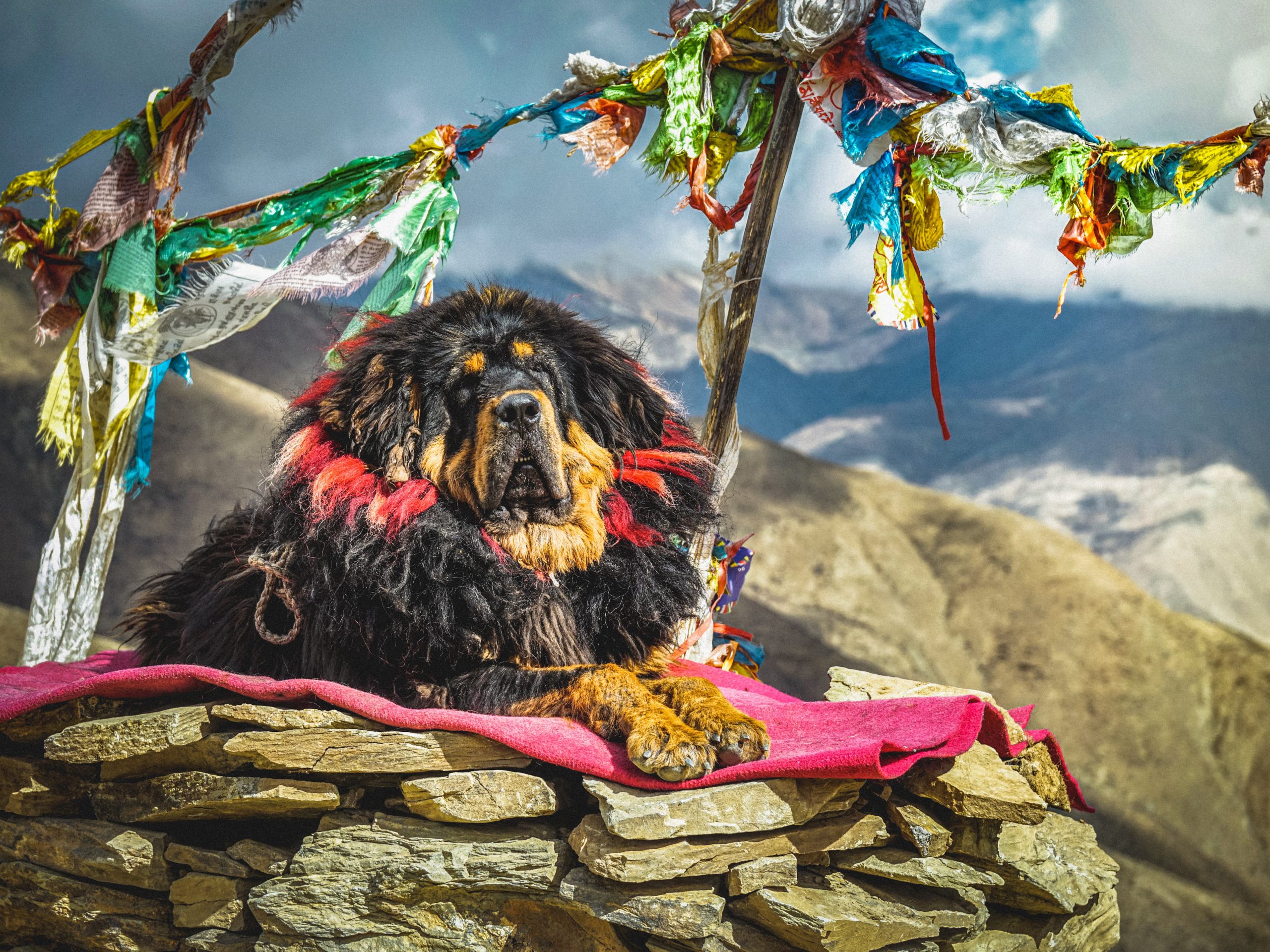
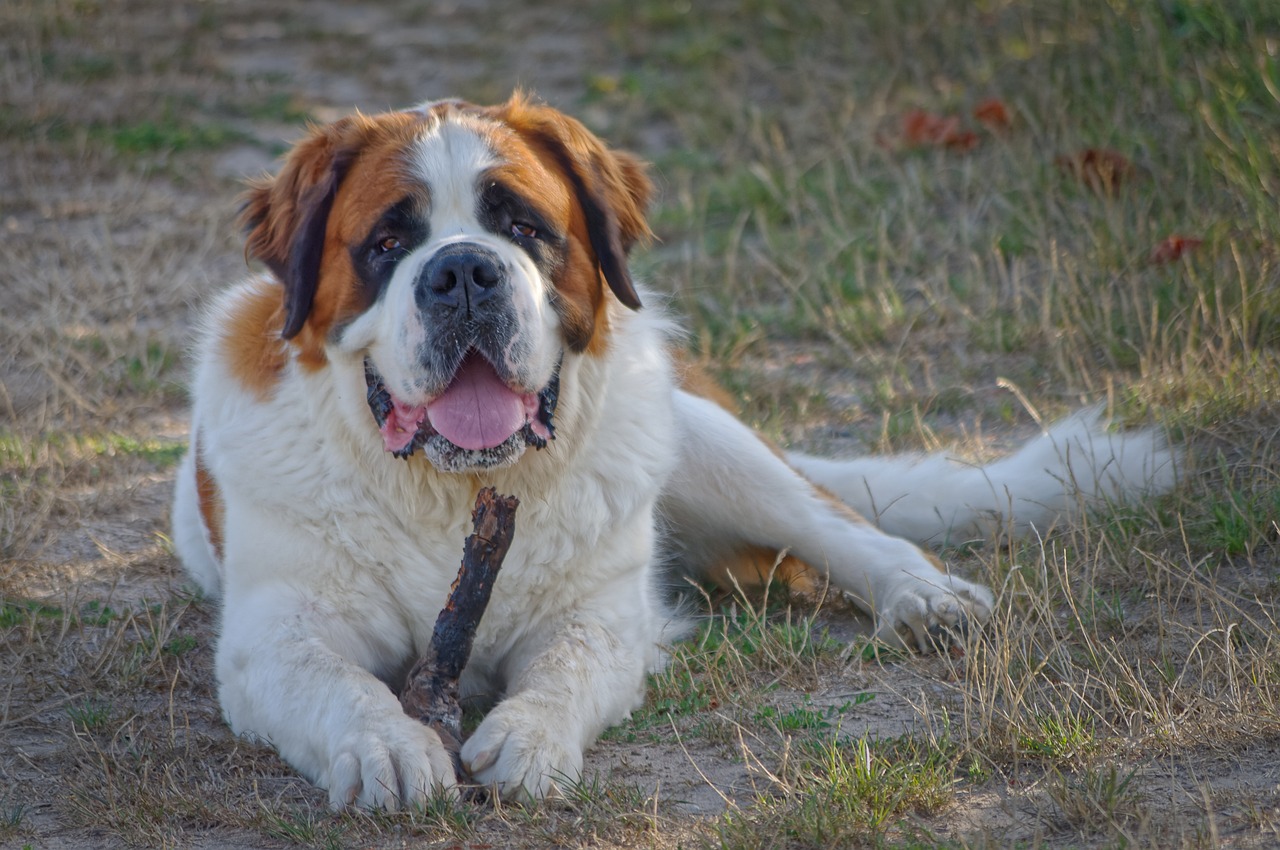
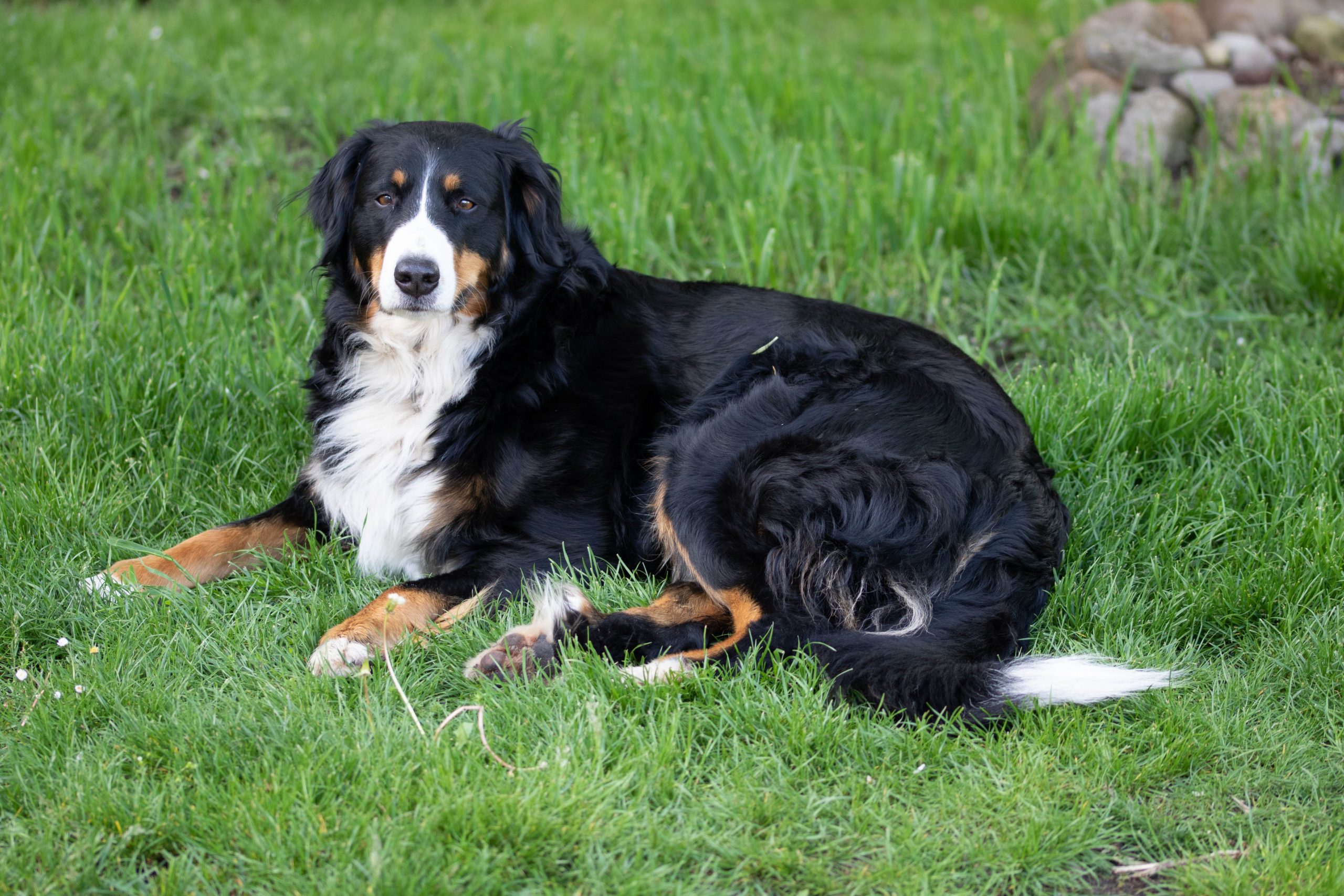
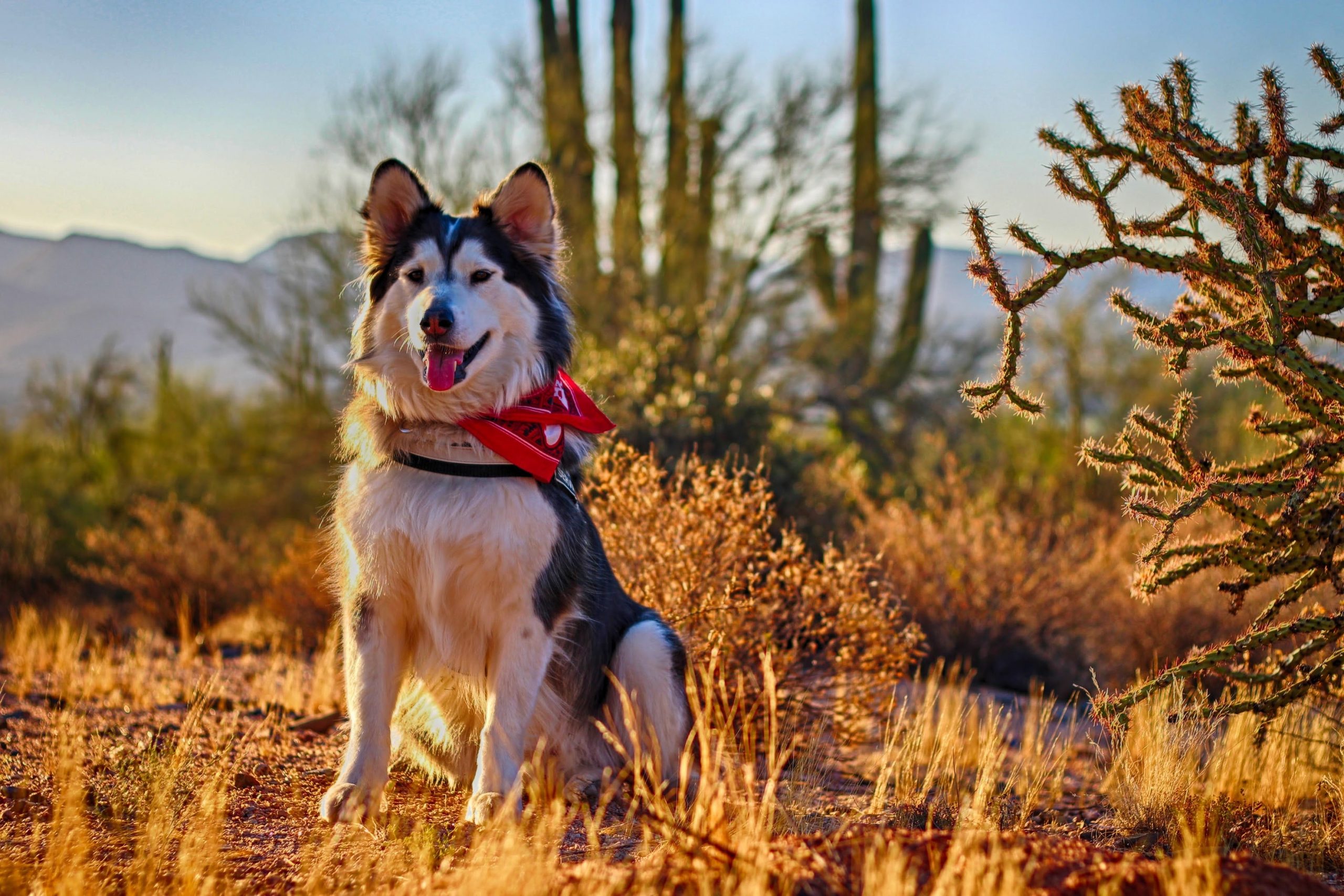
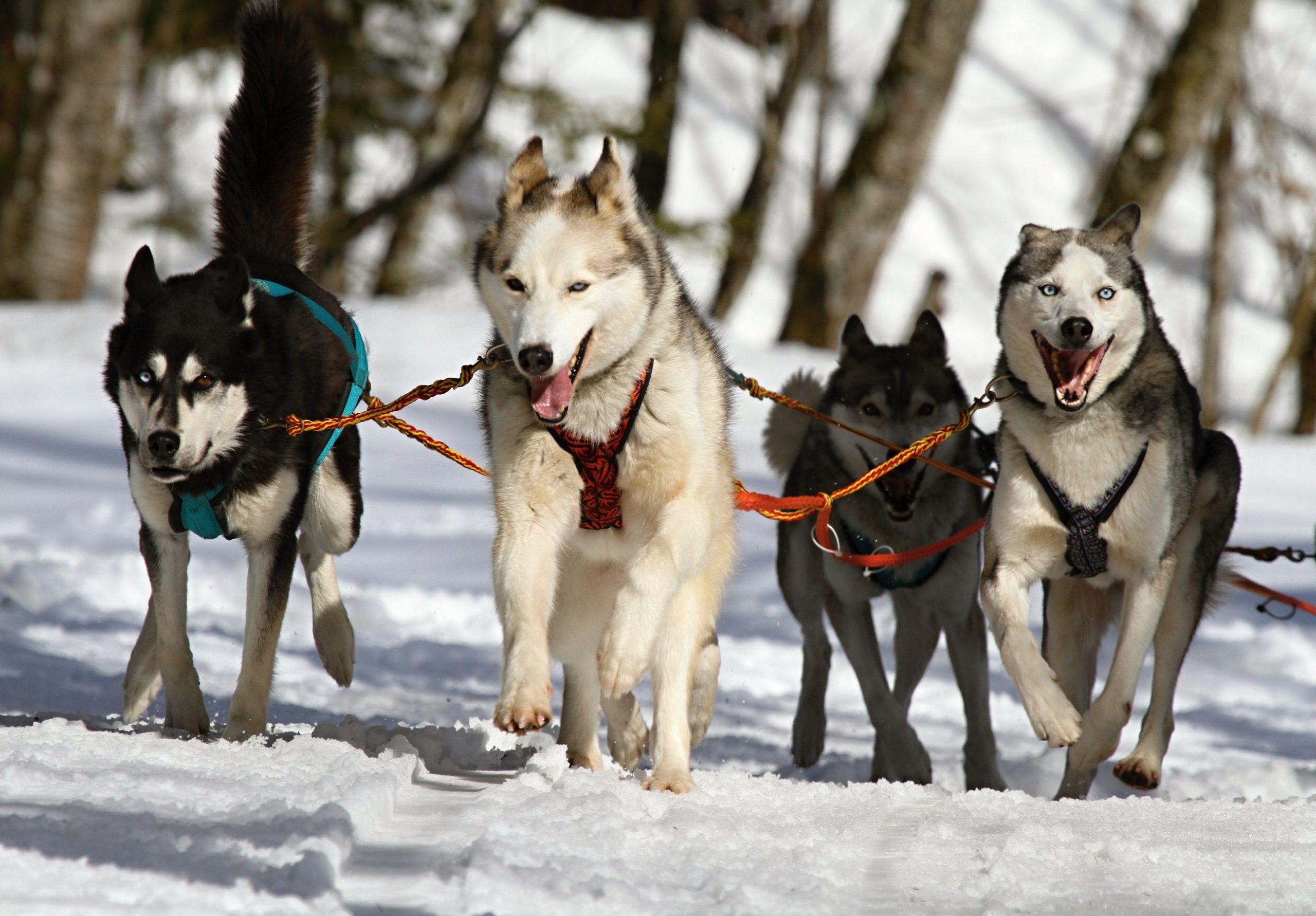
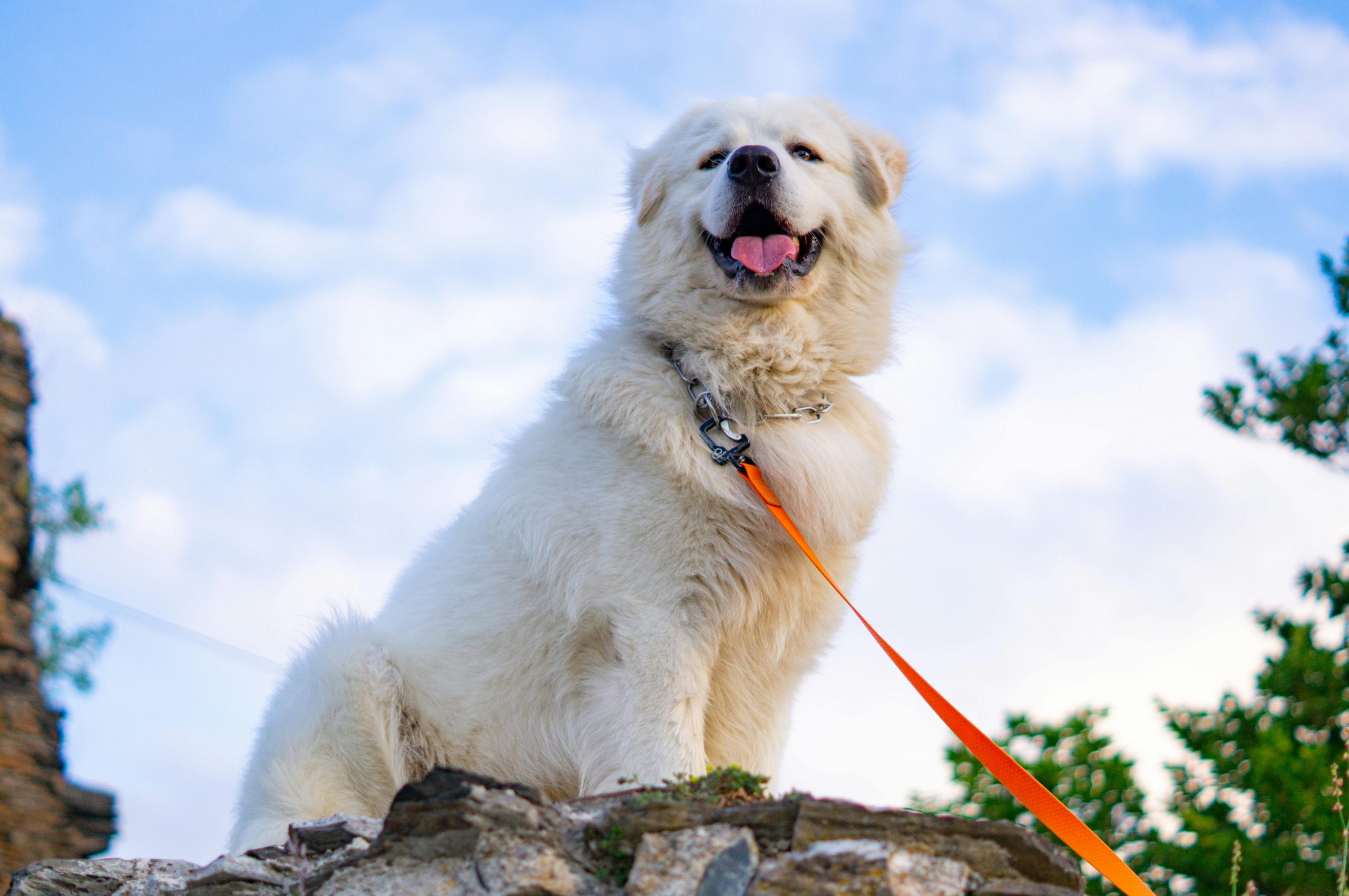
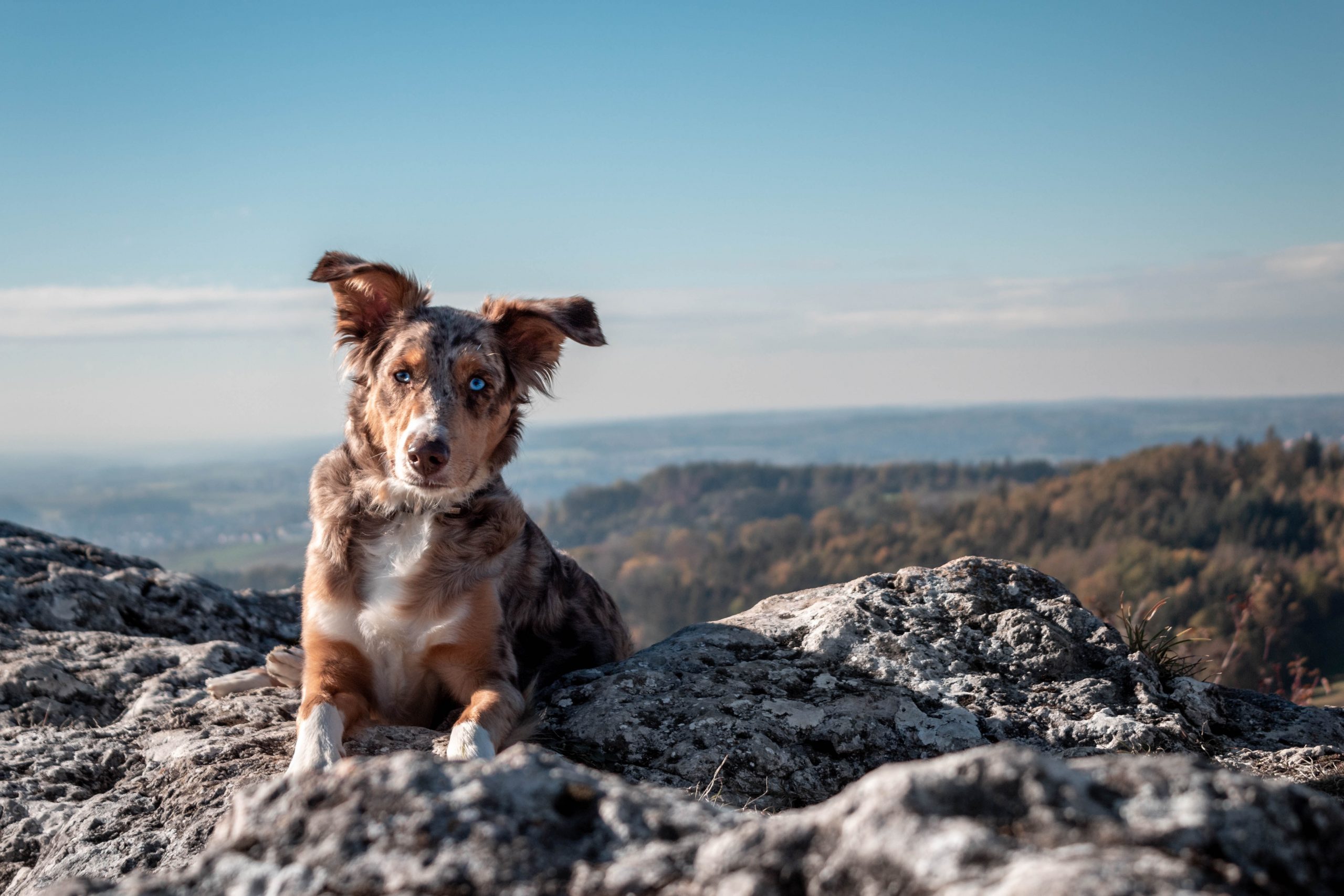
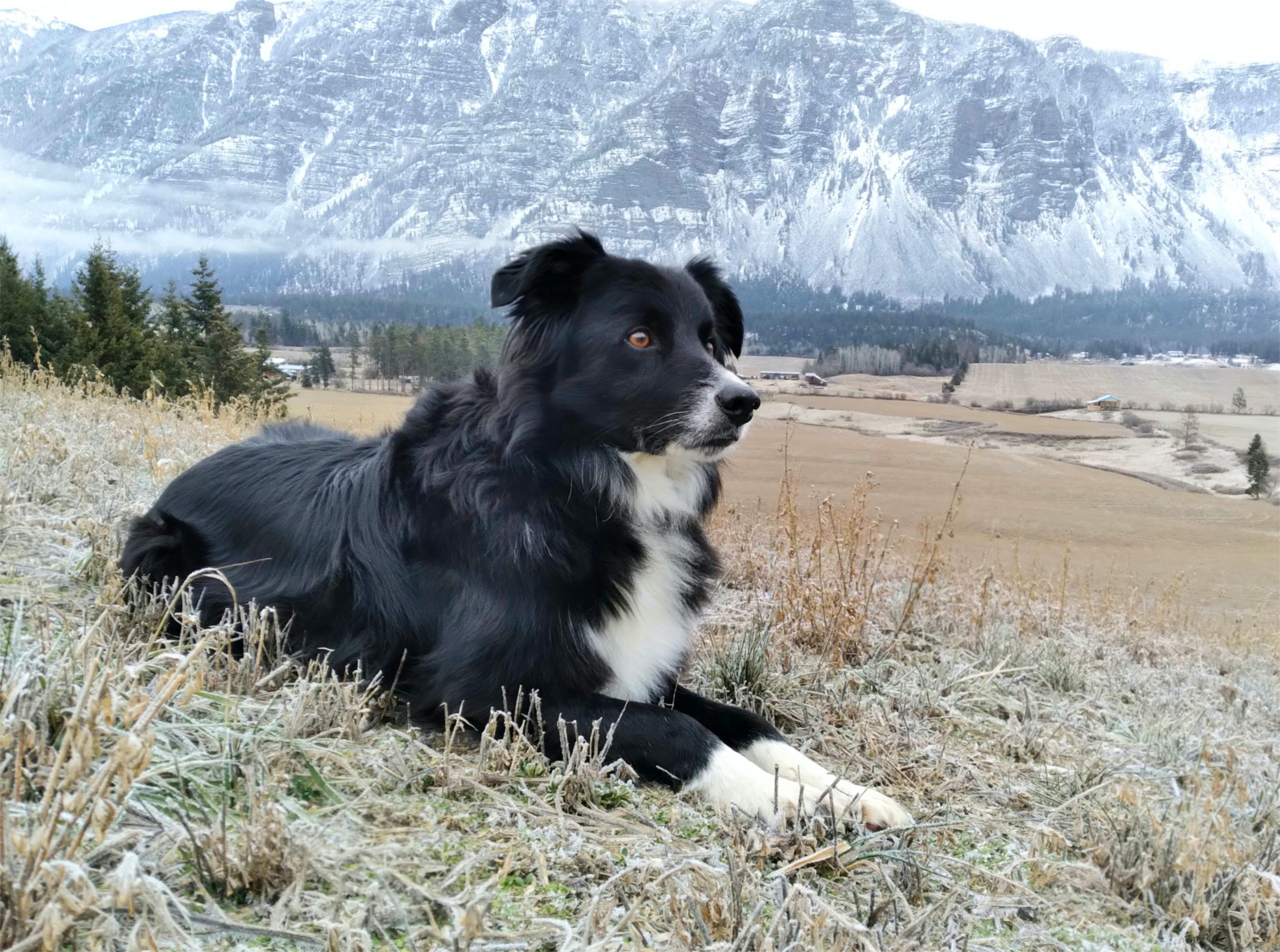
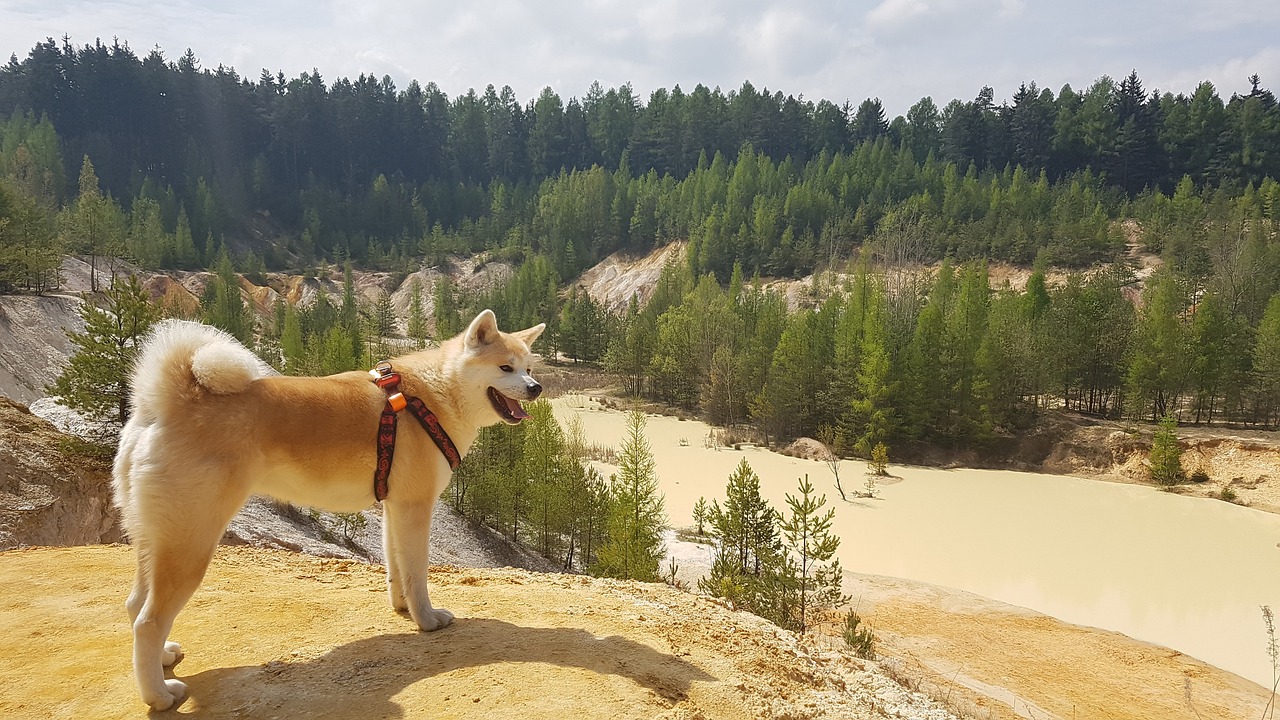
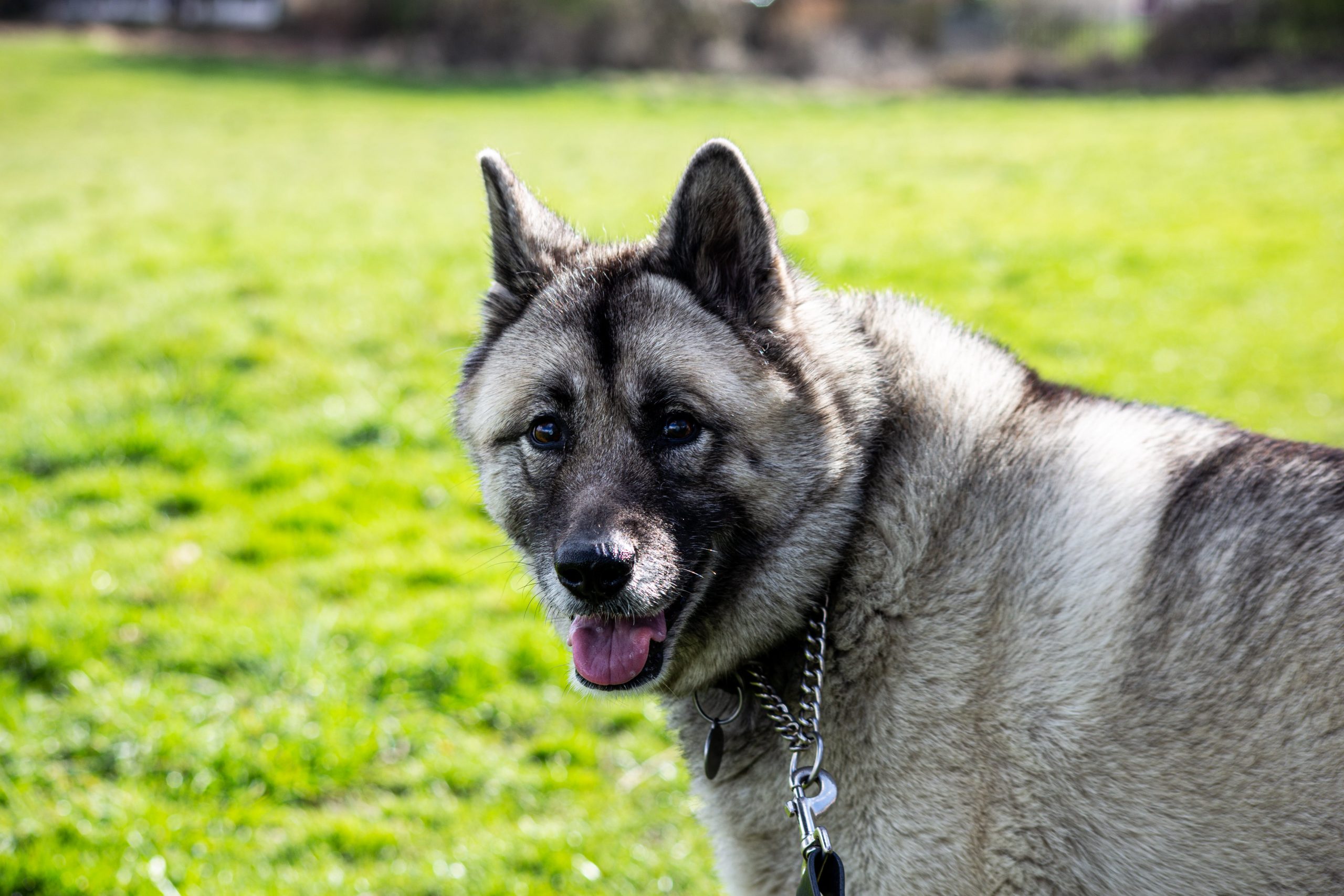
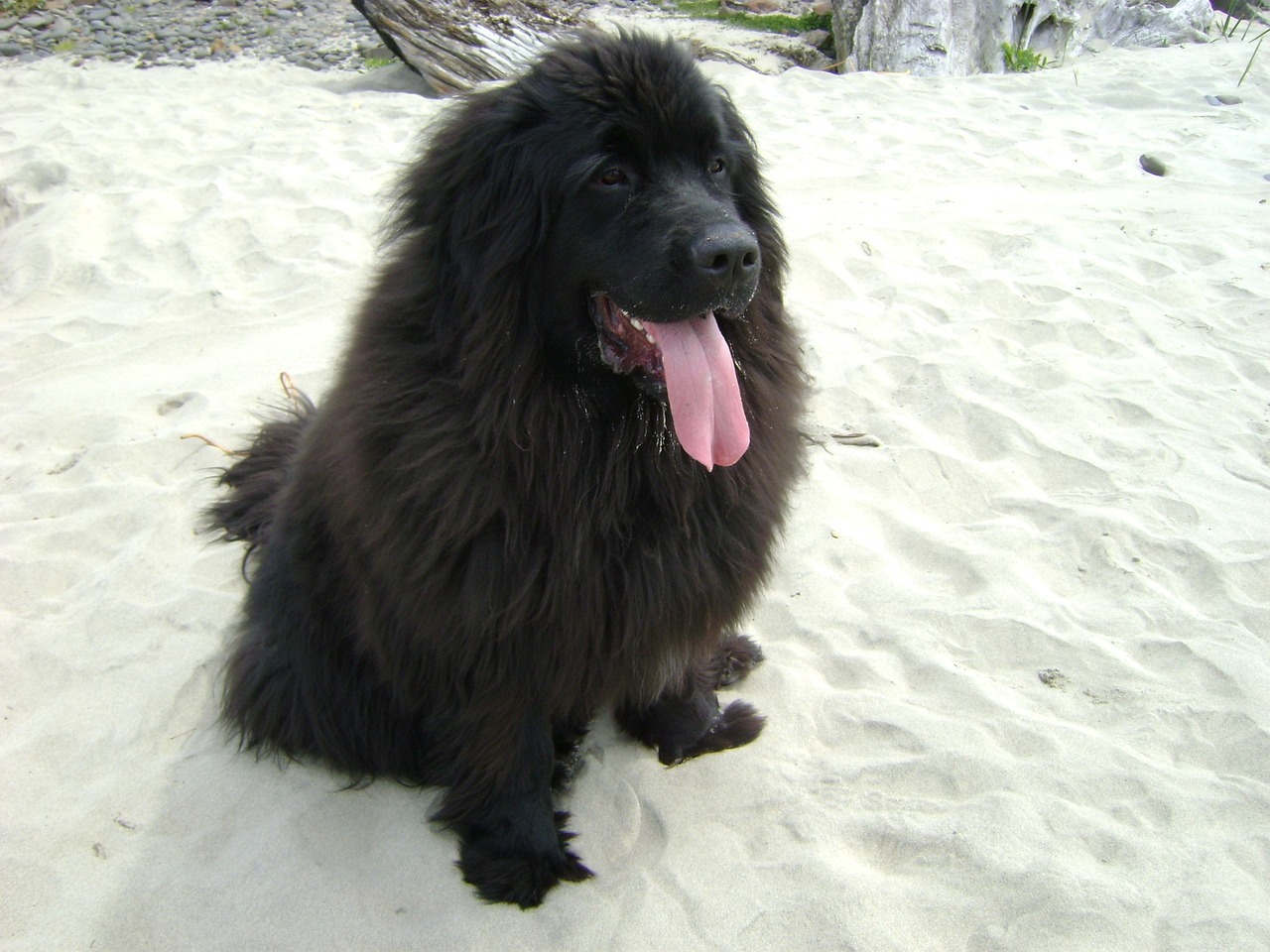
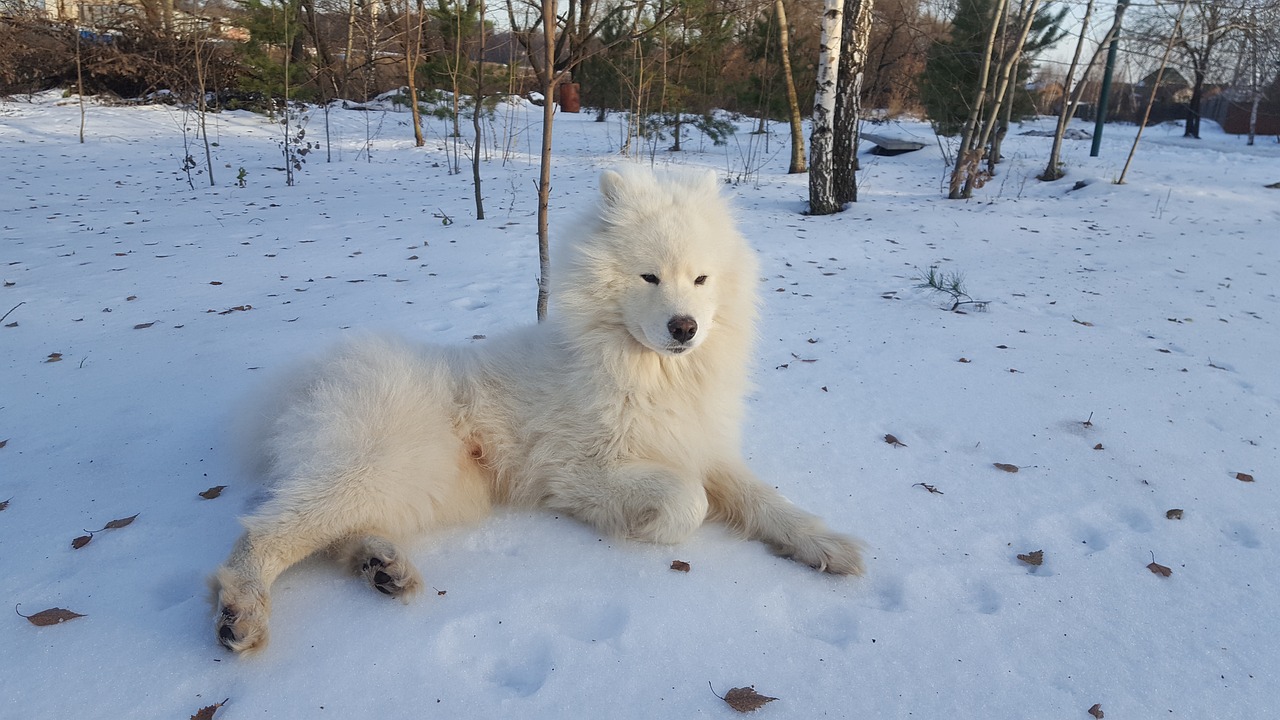
 Toledo, United States.
Toledo, United States.